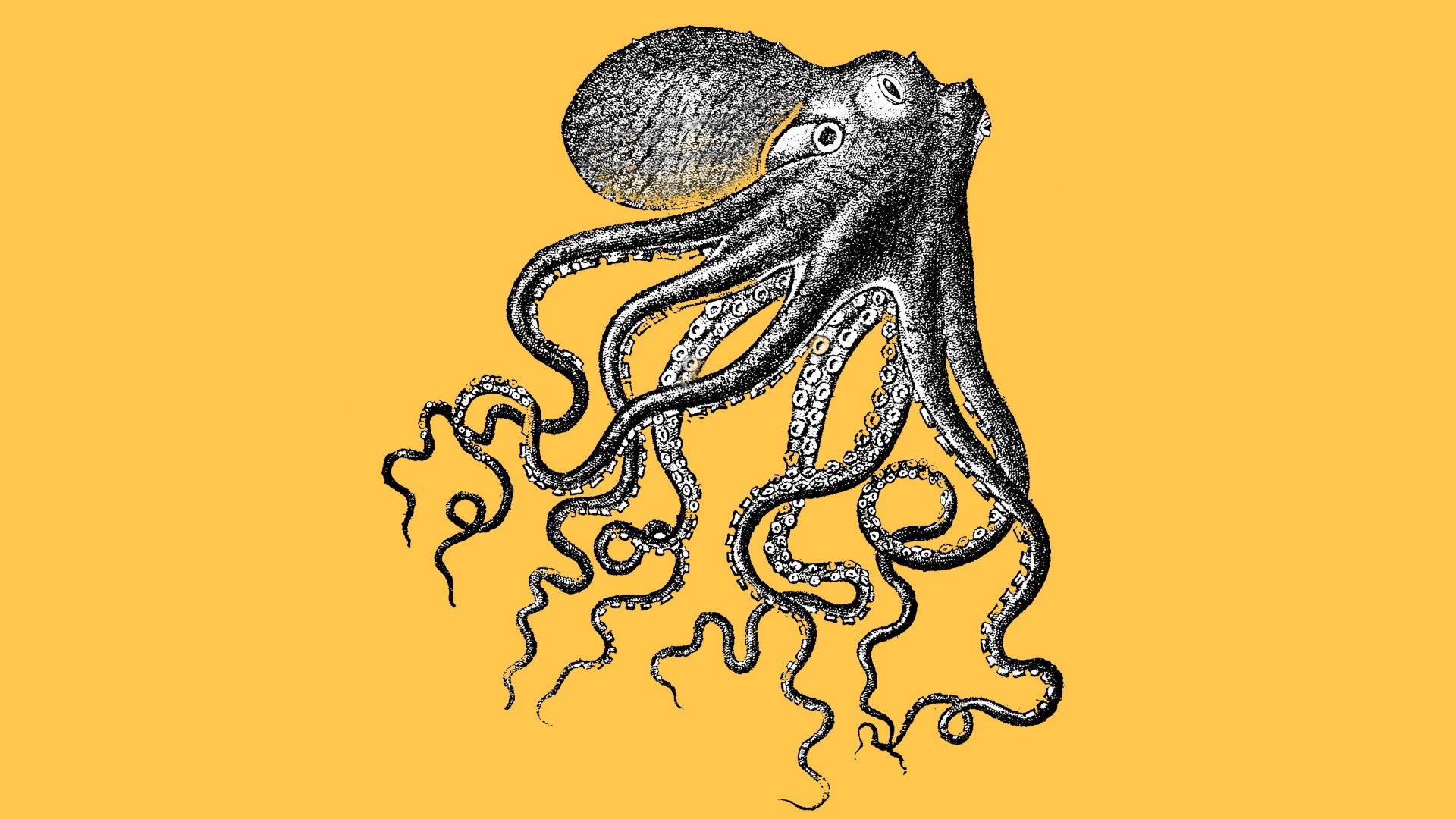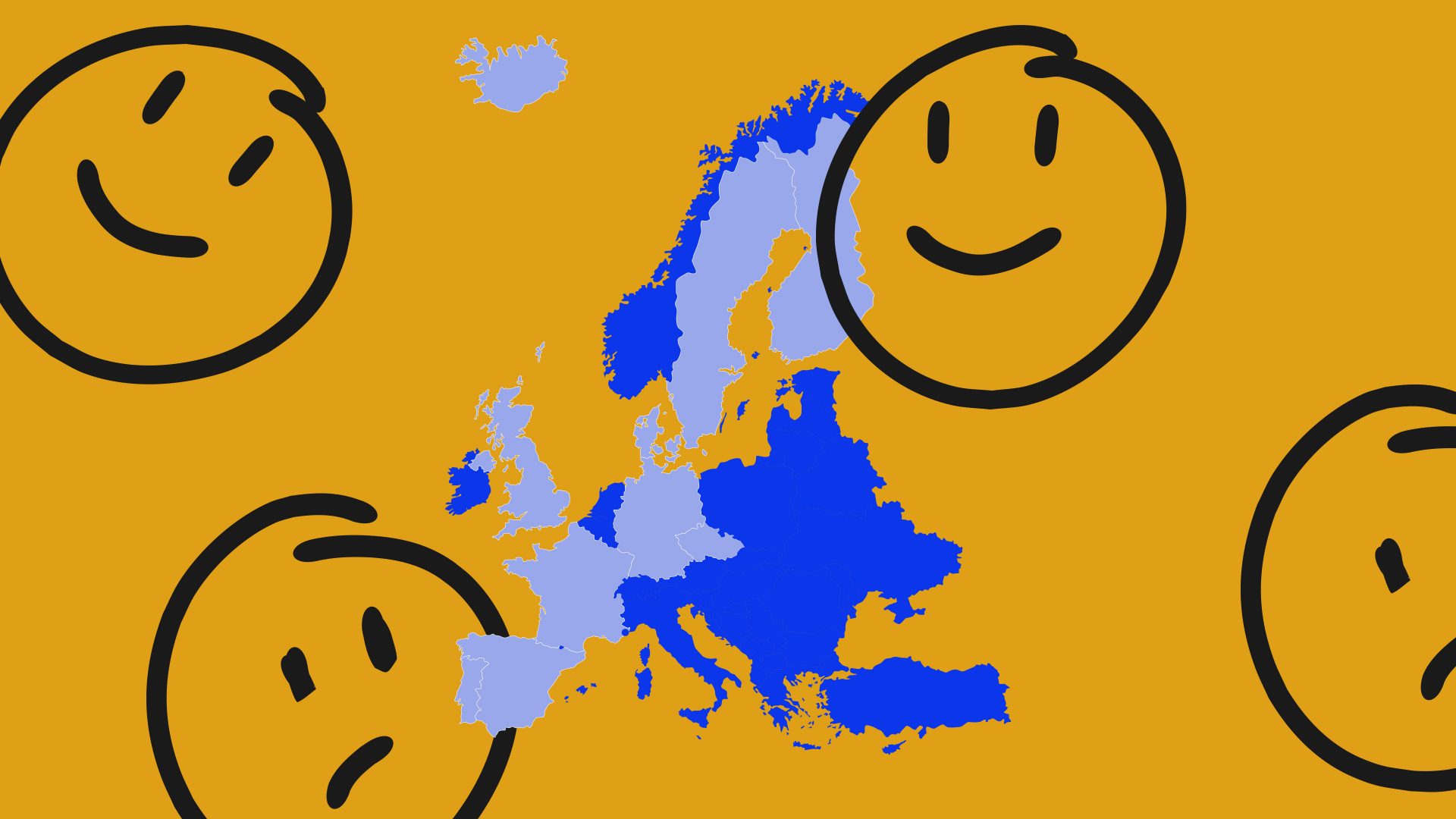Walking by the Thames near Oxford yesterday, I stopped to photograph the cluster of umbrella-like dead flowers of a cow parsley plant encased in frost. The icy weather had outlined stalks, branches, leaves and flowers along the riverbank. I don’t think I was alone in paying these more and closer attention than usual and being struck by the intricate beauty of these tiny natural sculptures in the morning’s cold clear light. It’s easy to think we know what is around us without bothering to check.
One view of philosophy is that it is an abstract subject, something close to mathematics, driven by logic, reason, and argument, and that for the most part it ignores the specific detail of observations and focuses on the general. It’s almost as if you could study philosophy with your eyes shut.
It is true that much (but by no means all) of academic philosophy has these characteristics. It focuses on the structure of arguments, niceties of definition, and on whether premises do really imply a conclusion or not, the kinds of evidence given in support of a claim, and on the universal rather than the particular. The important question for a philosopher isn’t just how you personally should live your life in 2022, but on how anyone should, and what we can say in general about a worthwhile life.
Yet, at the same time, there is a tradition of philosophy that is easily ignored, one that begins with close observation of the world in its particularity, and which is initially descriptive. It starts by trying to see what is there rather than reasoning about what must be so, derived from unexamined premises. Perhaps the earliest major philosopher to work in this way was Aristotle.
In contrast with his teacher, Plato, who thought that reality consisted of the other-worldly Forms, the abstract perfect versions of the things that we see and feel and take to be real, Aristotle focused on what he perceived through the senses. When Plato thought about how society should be run, he explored the ideal version of a state conjured up by his imagination. Aristotle, in contrast, did empirical research on the varieties of society around him.
It is, though, in his biological observations that Aristotle’s approach is most apparent. This involved moving back and forth between generalisations and specific observations. His ultimate aim was to categorise and understand the different animals and plants he studied, the functions of their parts, their growth and behaviour, and to fit that understanding within a more general framework. That involved very close observation as well as abstract thought.
His pupil Theophrastus wrote long treatises about botany, but also carried the method of observation over to human psychology. In his book The Characters, Theophrastus sketched portraits of 30 different types of person, including the Ironic Man, the Flatterer, The Gossip, the Chatterer, and so on, all based on the closely observed moral failings of his contemporaries.
It is tempting to say that Aristotle and Theophrastus, though now thought of as philosophers, were doing biology or psychology before these subjects branched off and developed on their own. Nevertheless, the spirit of close and patient observation of the natural world exemplified by these thinkers is not altogether lost to philosophy. It continues in the wonderful work of the Australian philosopher, Peter Godfrey-Smith, who has spent many hours in a wetsuit making painstaking observations of cephalopods, particularly octopuses and cuttlefish, as part of his wider project of understanding the evolution of conscious thought.
In his book Other Minds, Godfrey-Smith describes the surprisingly intelligent behaviour of these short-lived invertebrates with minds that seem to operate independently in each tentacle, and which are clever enough to turn off annoying lights in an aquarium by squirting water at them, or unscrew jars of food. Nature seems to have designed intelligent minds twice, and these animals are the closest we have yet come to experiencing alien minds, he suggests. Observing other sorts of mind in action can help us understand the nature of our own minds.
Perception is not passive, and we spend much of our lives seeing what we expect to see because we project our expectations on to the world. As Sherlock Holmes put it: we see, but we do not observe. If we want to understand the world and what matters though, we would do well to learn to look and describe what’s really there, rather than assume we know in advance. Otherwise we risk repeatedly confirming our prejudices.



